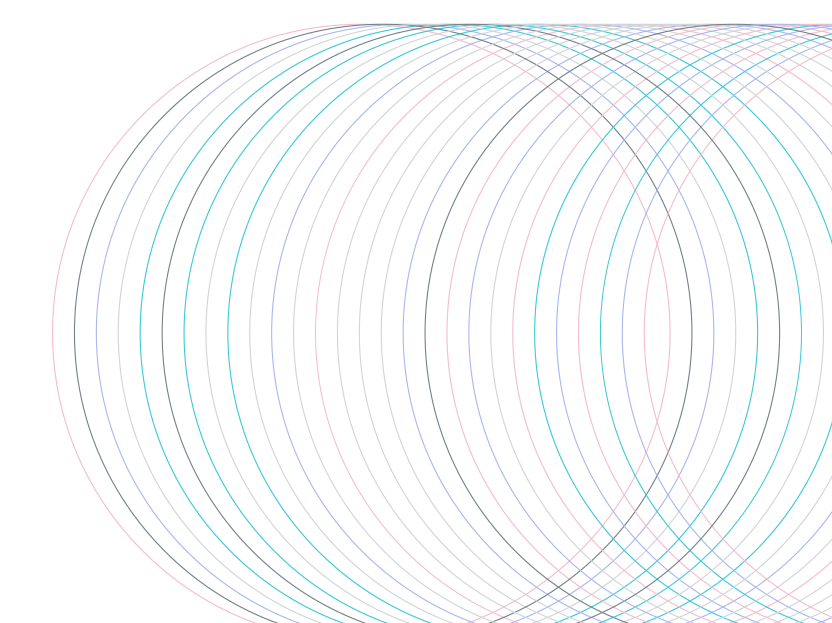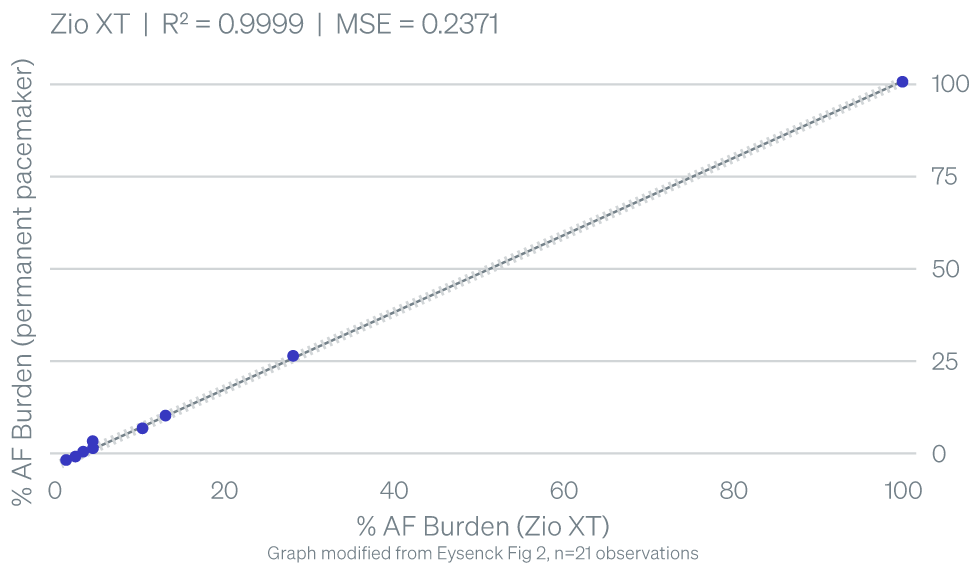Author affiliations and conflict of interest: Ms. Lenane is an employee of iRhythm Technologies, Inc.
Funding: “This study was supported by a research grant from iRhythm Technologies, Inc.”
Role of the funder: “The funder had no role in the design and conduct of the study; collection, management, analysis, and interpretation of the data; preparation or approval of the manuscript; and decision to submit the manuscript for publication. The funder did provide data from the studied Zio XT patches and also participated in reviewing the manuscript.”
Additional contributions: “We thank Alda I. Inveiss, MPH, Kaiser Permanente Northern California, and Martha Livingston, CRA, iRhythm Technologies, Inc[.], for their expert technical assistance. These individuals were not compensated specifically for their contributions.”




